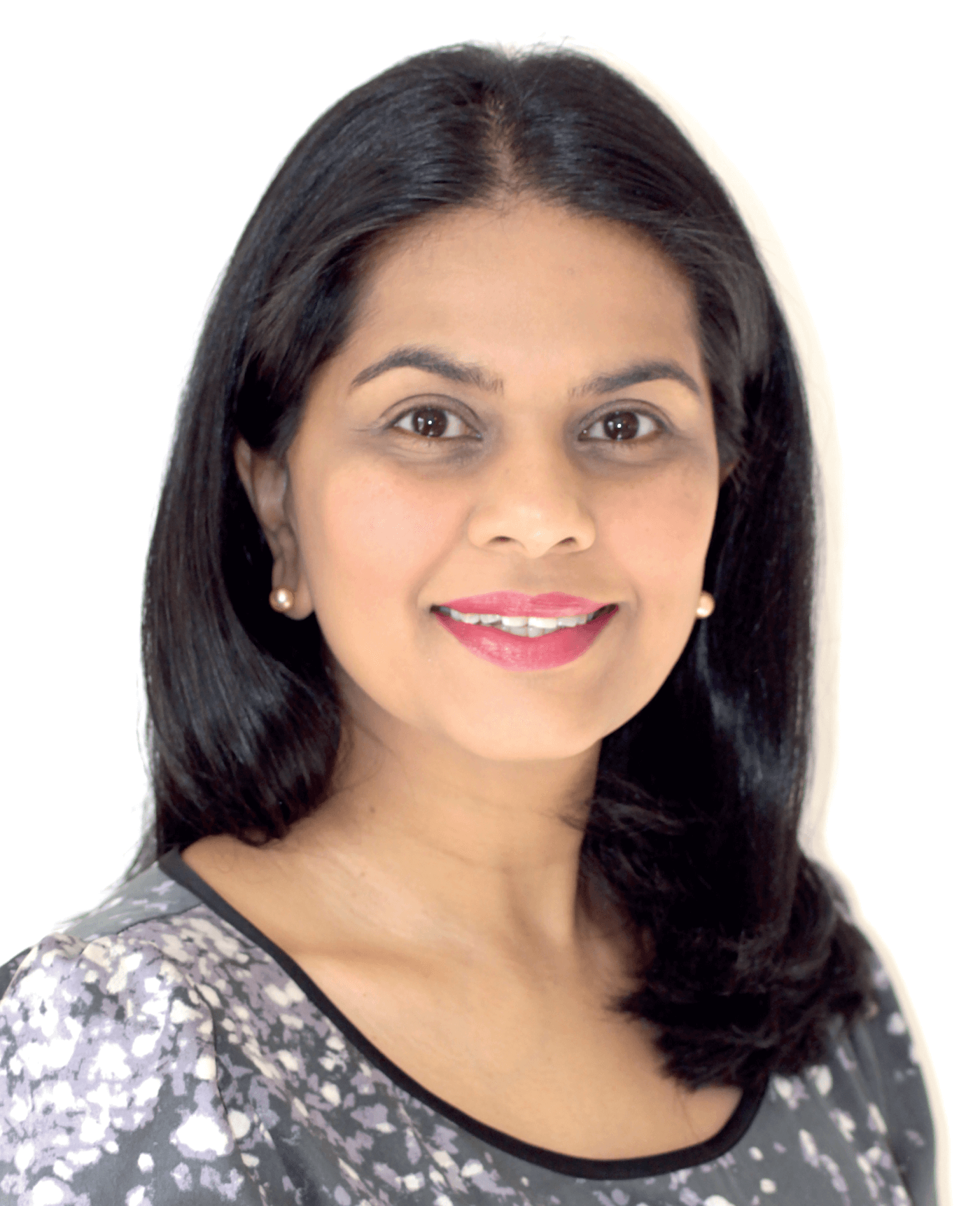
I undertook my medical degree at St Mary’s Hospital Medical School, now Imperial College London in the UK, but I also always enjoyed the basic sciences. And so, when an opportunity to get an additional BSc degree in biochemistry and molecular genetics came along, I jumped at the chance. Back then, I was so excited to be learning about the Human Genome Project, and it was a privilege to be able to gain insights into cutting-edge science at such a young age, and to witness the birth of this massive and hugely important endeavor. As part of that degree, I undertook a lab-based project to look at the expression of genes in early developing fetal eyes. Through this, I gained practical skills, such as PCR and RNA extraction, and without fully realizing it, I had already begun my dual training to become a clinician scientist.
Looking back, I did feel a little bit like an outsider in the lab, and I faced soft discrimination. Thanks to my clinical training, I was used to getting to work at 7 am – and that suited me. So I did the same thing when I worked in the lab during my full-time PhD in ophthalmic genetics. I would arrive before anyone else, and (understandably, I think) leave a little earlier, too. As a result, my fellow scientists told me that leaving before the supervisor was not “the done thing.” They used to tease me that clinicians spent their days going out for lunch or playing golf...
The need for role models
At the time, it wasn’t easy to find good role models in my field – those people who would have an understanding of both paths, and how best to navigate them. And so, I forged my own path. I followed my interests, and didn’t give much thought to whether it would be possible to combine the two careers successfully, I just knew I didn’t want to give up on research. I enjoyed it immensely; I would spend my free afternoons going to the lab to work on projects, even when I struggled for time. It wasn’t until around 10 years ago, when I really had to decide properly about my future as a consultant ophthalmologist. My head of department bet me that I would take a job in the Cotswolds rather than pursue an academic path, that probably subconsciously spurred me on to follow an academic ophthalmology career.
The lack of mentors who straddled both scientific research and active clinical practice has made me committed to showing younger colleagues that there is a tangible path. However, nowadays there are several role models and mentors who are Clinician Scientists, and in the UK, the Royal College of Ophthalmologists has paved the way for those who want to pursue a career in academic ophthalmology.
Keep going
I sit on the Academic Committee at the Royal College of Ophthalmologists, which ensures clear signposting and support for those individuals who wish to pursue a combined career in clinical practice and scientific research. But there is still a lot of work to be done, including offering more flexibility in training programs. Entering ophthalmology is competitive; trainees are required to show commitment to their specialty even before landing their residency or entering specialty training. The training program is lengthy, and for some, they are only allowed to take time out for restricted periods after a certain number of years, to undertake a higher research degree. There is significant peer-pressure to finish training as goal posts keep changing, and this makes it unnecessarily difficult to pursue other endeavors and build their CVs during their training. My advice to junior colleagues is to find a niche, whether it be education, leadership, digital skills, management, or research, and devote time to this area to forge yourself a reputation. I believe it’s our responsibility – as senior consultants – to develop and encourage trainees to explore different options that will make them stand out in their future careers.
On an everyday basis, I try to teach my juniors – both clinicians and scientists – how to multi-task successfully and share transferable skills. During the pandemic lockdowns, I introduced fortnightly workshops for my lab group, where we would learn about various aspects of being a successful researcher; each member of the team would share a transferable skill that they mastered, from social media to preparing figures using Adobe Illustrator. It’s important to give the next generation a broader view, beyond the experiments they’re working on this week, and also to put the science into perspective. I really encourage public and patient engagement and will always bring the patients who are supporting our research into the lab to meet the scientists. This has a mutually beneficial outcome as the patient can directly experience and understand the efforts behind the research, and the scientist appreciates why they are devoting their time to projects, and gives them a tangible motivation as it will help people in the future.
We’ve got to ask ourselves: how can we make it easier for the next generation? Personally, I have always tried to speak up and raise any issues or suggest potential improvements in the training environments I have been in, so that the people behind me would have better opportunities to improve their training or working conditions. I have great admiration for people who are always trying to think of ways to help rather than just take the easy option and say “no” – and I try to emulate that in my own professional (and personal) life.

